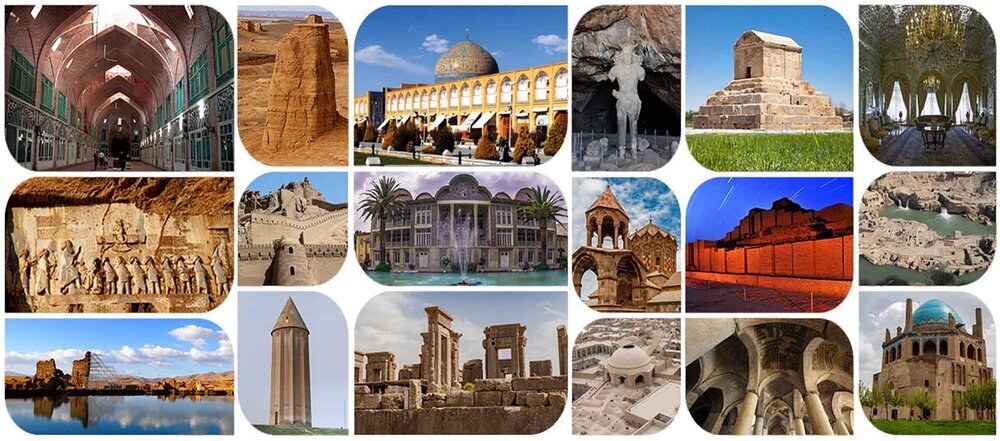Impact of coronavirus on World Heritage will be felt for years, UNESCO says

TEHRAN - The global coronavirus outbreak is the sort of disaster whose effects on World Heritage sites will last for years to come, according to a study conducted by the United Nations Educational, Scientific, and Cultural Organization.
To understand the impact of COVID-19 on World Heritage one year after the start of the pandemic, UNESCO launched a far-reaching survey of site managers and national authorities. The UN body has published the results in the report ‘World Heritage in the face of COVID-19’.
At the height of the crisis, it was reported that 90% of countries with World Heritage properties had closed or partially closed them and respondents to this survey still reported an average figure of 71% closure of sites in February 2021.
Visitors to World Heritage sites dropped by 66% in 2020 according to respondents and at sites where staff redundancies were reported (13% of sites in the survey), an average of 40% of permanent staff and 53% of temporary staff were made redundant at those sites, the UNESCO said.
Respondents overwhelmingly reported large impacts on local communities, especially from the loss of revenue due to huge reductions in visitors to World Heritage sites and grave concerns about the future. Some World Heritage properties also reported cases of illegal logging and mining, poaching, and vandalism due to the reduction of monitoring and a decrease in managed visitation.
Some respondents recommended a recovery process that includes measures to support the tourism sector and communities and to safeguard livelihoods in the transition towards more versatile and resilient World Heritage site management. The uncertainty surrounding the current crisis has suggested a policy of re-alignment of properties towards domestic tourism for many stakeholders in the short-term, providing, however, the equally important opportunity to “Build Back Better”.
Iran is filled with numerous tourist spots such as bazaars, museums, mosques, bridges, bathhouses, madrasas, mausoleums, churches, towers, and mansions, of which 24 being inscribed on the UNESCO World Heritage list. The country is a heaven for those interested in cultural tourism, a subset of traveling that traces the nation’s lifestyle in various geographical areas, their history, their arts, architecture, religion(s), and other elements that helped shape their way of life over time.
AFM
Leave a Comment